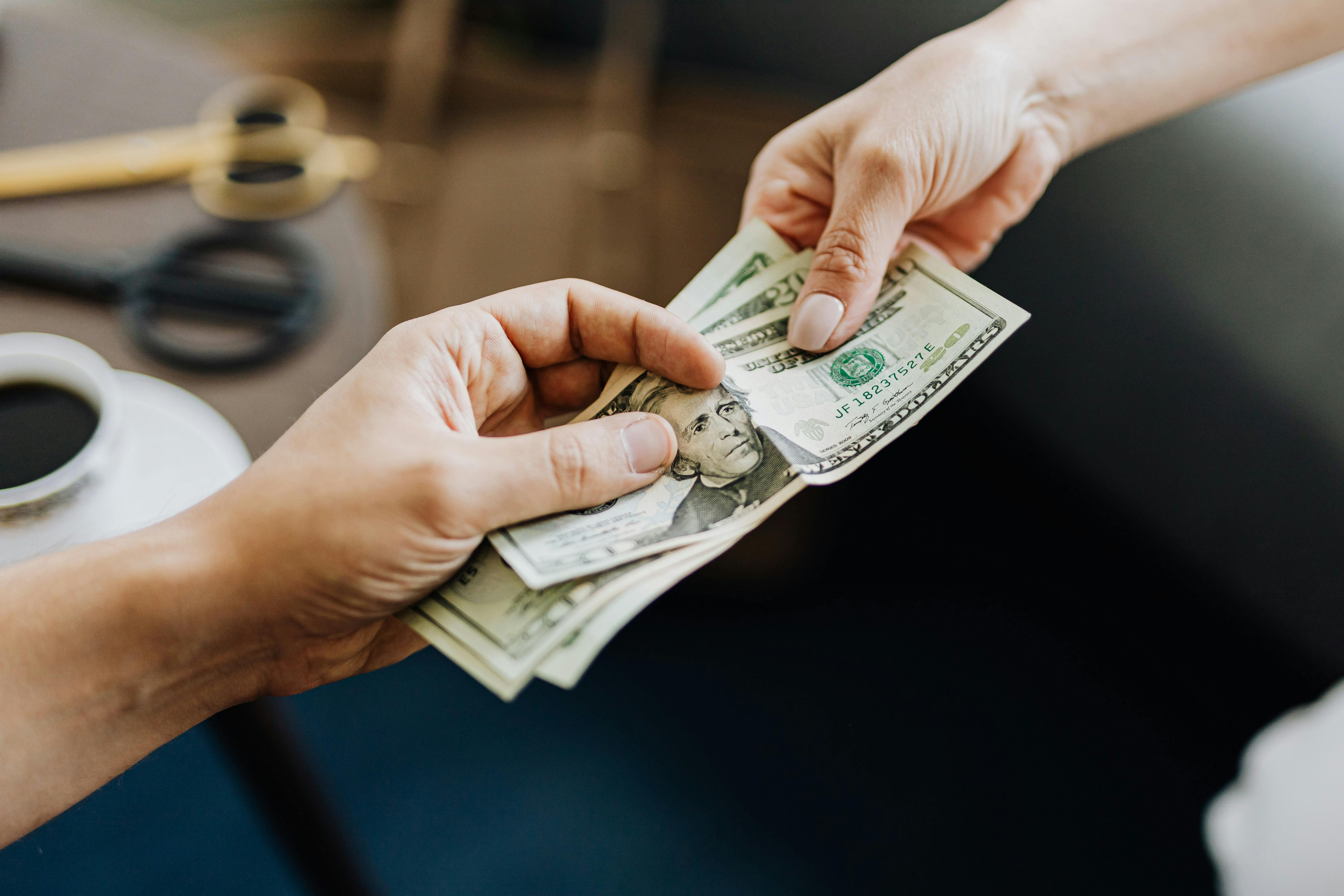Taking out a personal loan can feel like a smart move when you need quick cash for unexpected expenses or want to consolidate high-interest debt. But beyond just the money, personal loans also shape your credit landscape. Knowing how personal loans affect credit utilization and credit score could mean the difference between boosting your financial reputation or unwittingly lowering it.
Table of Contents
What Is a Credit Score?
A credit score is a three-digit number that reflects your creditworthiness. The most widely used model, FICO, scores you on a scale from 300 to 850, and it’s based on:
- Payment History (35%)
- Amounts Owed (30%)
- Length of Credit History (15%)
- Credit Mix (10%)
- New Credit (10%)
Lenders use this score to evaluate the risk of lending to you. Personal loans interact with nearly every category of this model—especially payment history, amounts owed, and credit mix.
What Is Credit Utilization?
Credit utilization measures how much of your available revolving credit you’re using. It’s a significant factor in the “Amounts Owed” portion of your score. Here’s the key: it only applies to revolving credit like credit cards—not installment loans like personal loans.
Let’s break that down:
- If you have $10,000 in available credit and $4,000 in balances, your utilization is 40%.
- Keeping this ratio under 30% is ideal. Under 10% is even better.
How Personal Loans Affect Credit Utilization

Contrary to what many think, personal loans do not count toward your credit utilization ratio because they are installment loans, not revolving credit. However, that doesn’t mean they don’t impact your score in other meaningful ways.
Here’s where things get interesting:
- Using a personal loan to pay off credit cards lowers your utilization.
- This indirectly boosts your credit score, sometimes dramatically.
- But, taking on a loan adds to your overall debt—just not in the revolving category.
Impact of a Personal Loan on Credit Score
Here’s a breakdown of how personal loans interact with credit scoring elements:
| Credit Factor | Impact |
|---|---|
| Payment History | Positive if on-time; very negative if missed |
| Amounts Owed | Indirectly reduced via credit card payoff |
| Credit Mix | Improved by adding an installment loan |
| New Credit | Can cause a small, temporary dip |
| Length of History | May lower average age slightly |
Personal Loans vs. Credit Cards
While both are forms of borrowing, they influence your credit differently.
- Credit Cards: Revolving credit, high impact on utilization, often higher interest rates
- Personal Loans: Installment credit, don’t affect utilization directly, often lower rates
When you use a personal loan to pay off a credit card, you’re essentially shifting your debt from revolving to installment—this usually improves your credit profile.
Do Personal Loans Improve Credit Mix?
Absolutely. A healthy credit report includes a mix of credit types. If you’ve only used credit cards, adding a personal loan shows that you can manage different forms of credit, which lenders love.
This “credit mix” accounts for 10% of your FICO score, and while it’s not the biggest factor, it can provide that extra push toward a better rating.
Can a Personal Loan Hurt Your Score?

Yes, but mostly under specific conditions:
- Missed Payments: These can tank your score fast and stay on your report for up to seven years.
- Too Many Loan Applications: Multiple hard credit inquiries in a short time can lower your score.
- Higher Debt Load: While personal loans don’t affect utilization, they increase your overall debt obligations, which may concern lenders.
When used irresponsibly or impulsively, personal loans can backfire. But with smart planning, they’re a credit-boosting tool.
Hard Inquiries From Loan Applications
Each time you apply for a personal loan, lenders perform a hard inquiry. While this drops your credit score by a few points temporarily, it’s usually not significant unless you apply repeatedly within a short time.
Pro tip: Use soft-pull prequalification tools offered by lenders to compare rates without hurting your credit.
New Credit Accounts and Their Risks
Opening a new personal loan reduces the average age of your credit accounts, which can ding your score slightly. But this dip is usually short-lived—provided you repay on time and manage your credit responsibly.
Debt Consolidation and Credit Score
Using a personal loan to consolidate high-interest debts (especially credit cards) is one of the smartest ways to use these loans. You lower your revolving balances, simplify monthly payments, and potentially secure a lower APR—all of which support your credit health.
Using Loans to Lower Revolving Balances
Imagine owing $7,000 across three cards. Your utilization is sky-high. A personal loan that pays off these balances immediately lowers your credit usage—sometimes pushing it under 30%, which is the magic number credit bureaus love.
Just don’t rack up those cards again or you’ll be worse off than before.
What Lenders See When You Take Out a Loan

Lenders look at:
- Your current credit profile
- Debt-to-income ratio
- Loan repayment history
When you responsibly manage a personal loan, you’re signaling to future lenders that you’re low risk.
Timely Repayments and Score Boosting
It cannot be stressed enough: payment history is 35% of your credit score. Making every single payment on time can significantly improve your score over time.
Set reminders or enroll in autopay—it’s a small move with a huge impact.
What Happens if You Default on a Personal Loan?
Defaulting is disastrous. The loan becomes delinquent, you’ll get collection calls, and your score could drop by 100+ points. Worse, it may remain on your report for years.
Always borrow within your means, and if you can’t repay, contact the lender early—many offer hardship options.
Should You Take a Personal Loan to Improve Your Credit?
It depends. If you’re drowning in credit card debt or looking to diversify your credit mix, a personal loan can help. But if you’re already struggling with finances, taking on new debt may make matters worse.
Assess your situation honestly before deciding.
Personal Loans and Your Credit Report
When you take out a personal loan, it appears under the “installment accounts” section of your credit report. Lenders and bureaus will track your balances, payments, and whether you’ve defaulted.
Transparency and consistency here can boost your financial credibility.
How to Monitor the Effects on Your Score
Use tools like:
- Credit Karma or Experian for weekly updates
- AnnualCreditReport.com for official reports
- Alerts for balance changes, missed payments, or score drops
Stay informed so you can adjust your financial behavior accordingly.
Mistakes to Avoid When Using Personal Loans
- Borrowing more than you can afford
- Missing payments
- Using the loan to pay off debt, then racking up more
- Applying for too many loans at once
- Ignoring the loan’s interest rate and total repayment cost
Best Practices for Using Loans Wisely
- Budget before applying
- Use loans for high-interest debt or major life expenses
- Set up autopay to avoid missed payments
- Don’t borrow to invest or splurge
- Monitor credit changes monthly
How Long Does It Take to See Credit Score Changes?
Most borrowers see an improvement within 30–90 days after using a personal loan to pay off revolving debt—assuming on-time payments are made and credit card use is curbed.
Can Multiple Loans Hurt Your Score?

Yes, especially if they’re opened close together. This can signal financial distress and decrease your average account age. Stick to one well-planned loan at a time.
Rebuilding Credit With a Personal Loan
If your score took a hit in the past, a secured personal loan or a small loan from a credit union can help rebuild your credit over time. Just focus on consistency, not speed.
FAQs About Personal Loans and Credit
Do personal loans count toward credit utilization?
No, only revolving credit (like credit cards) does.
Can a personal loan increase my credit score?
Yes, if used to pay off high balances and repaid on time.
Will applying for a loan hurt my score?
A hard inquiry may drop your score slightly, but it’s temporary.
Are personal loans good for debt consolidation?
Absolutely. They simplify payments and may lower interest.
How long do loans stay on your credit report?
Typically up to 7 years, whether paid or defaulted.
What’s the best use of a personal loan for credit repair?
Paying off revolving debt, diversifying credit types, and building positive payment history.
Conclusion
Personal loans can be a double-edged sword for your credit. When used wisely—to pay off high-interest credit cards, diversify your credit mix, or consolidate debt—they can raise your score and improve your financial stability. But used recklessly, they can do lasting damage.
It all comes down to how you manage the loan. Know the terms, make payments on time, and resist the temptation to fall back into old spending habits. That’s the blueprint to turning a simple loan into a powerful financial upgrade.
External Resources:
- MyFICO – Credit Score Breakdown
- Annual Credit Report – Free Reports
- Experian – Credit Monitoring Tools
- NerdWallet – Credit Utilization Explained


